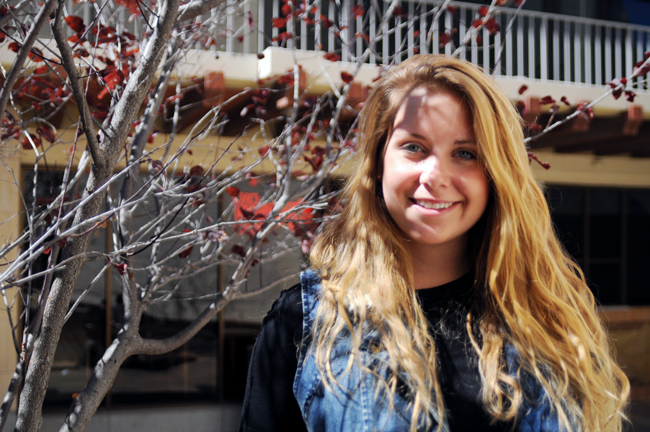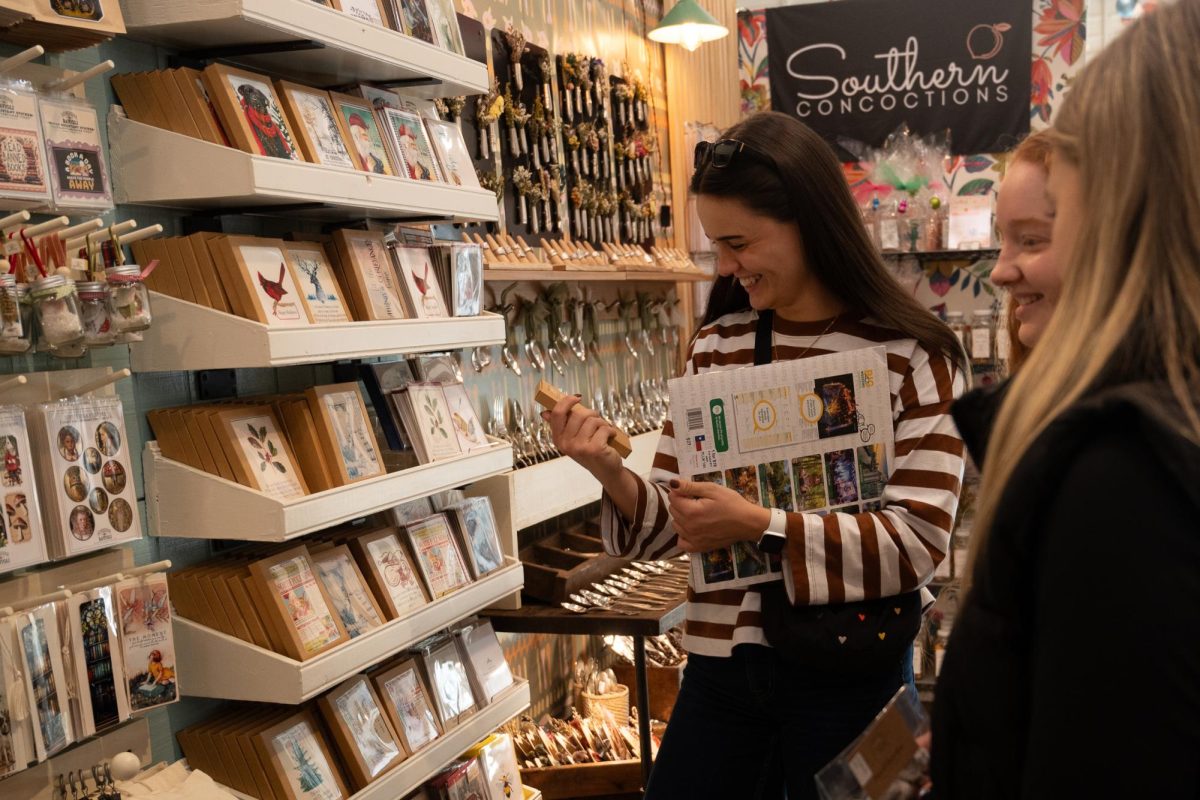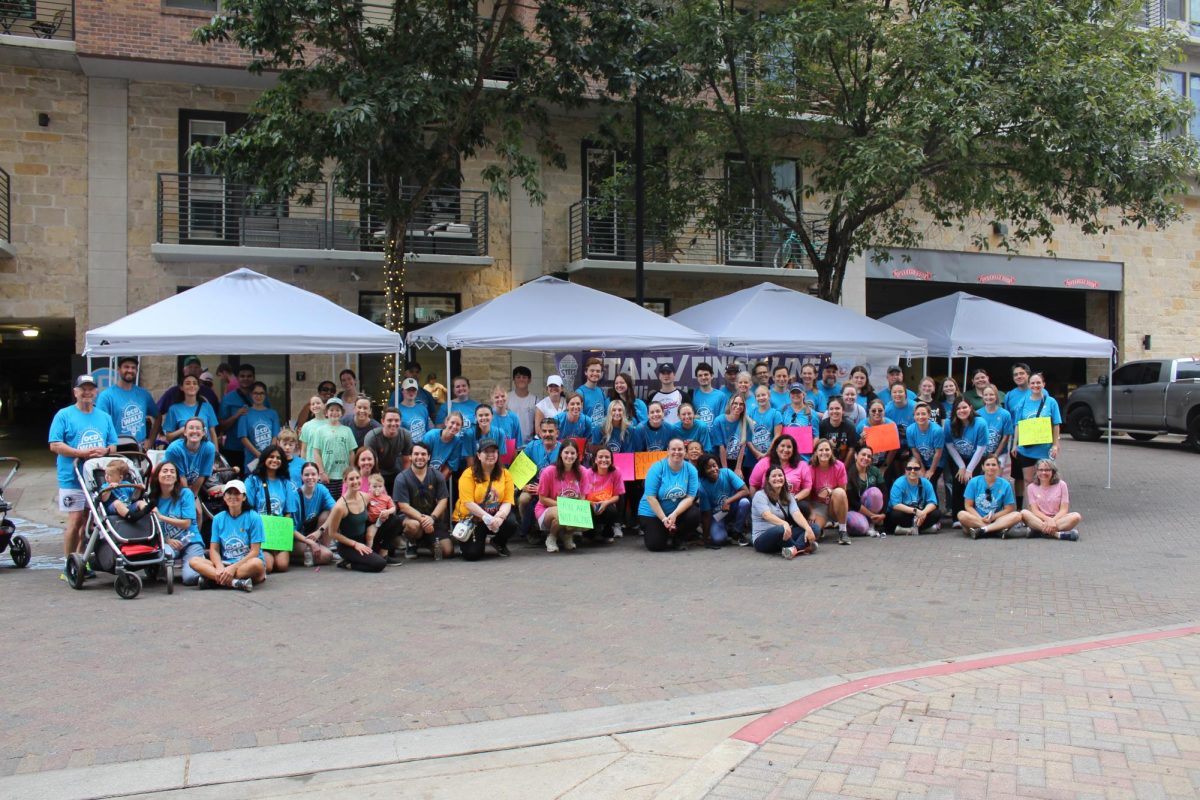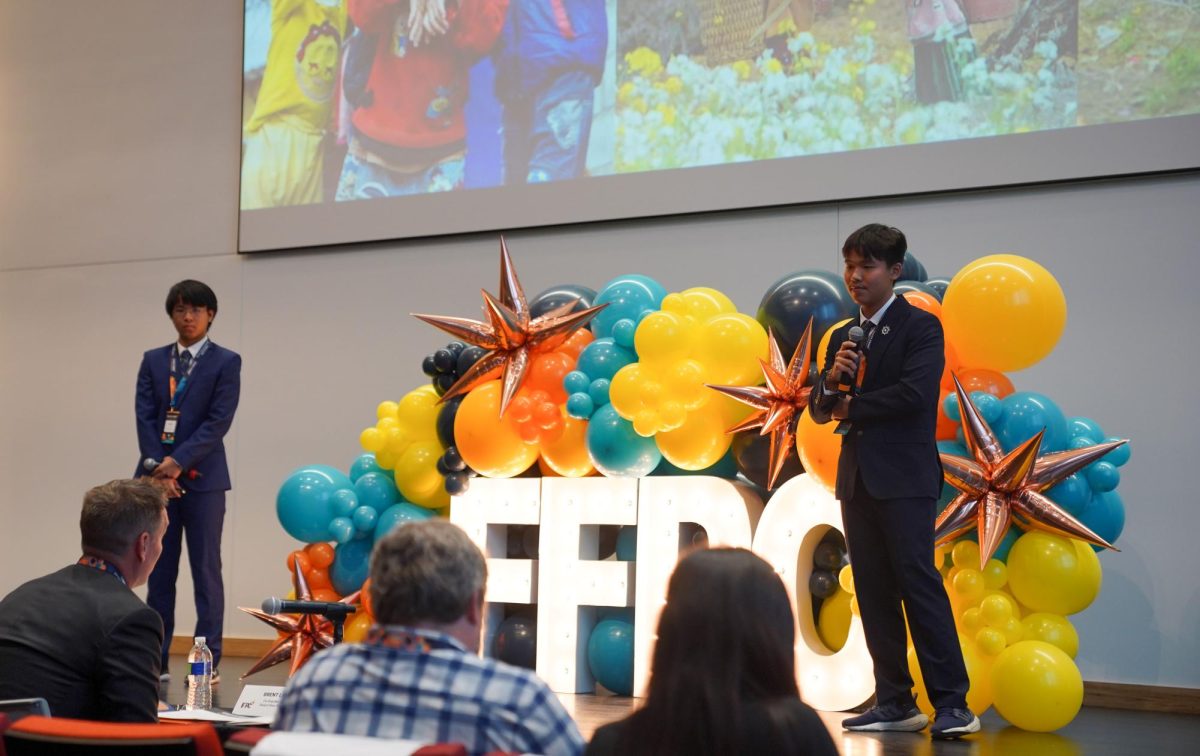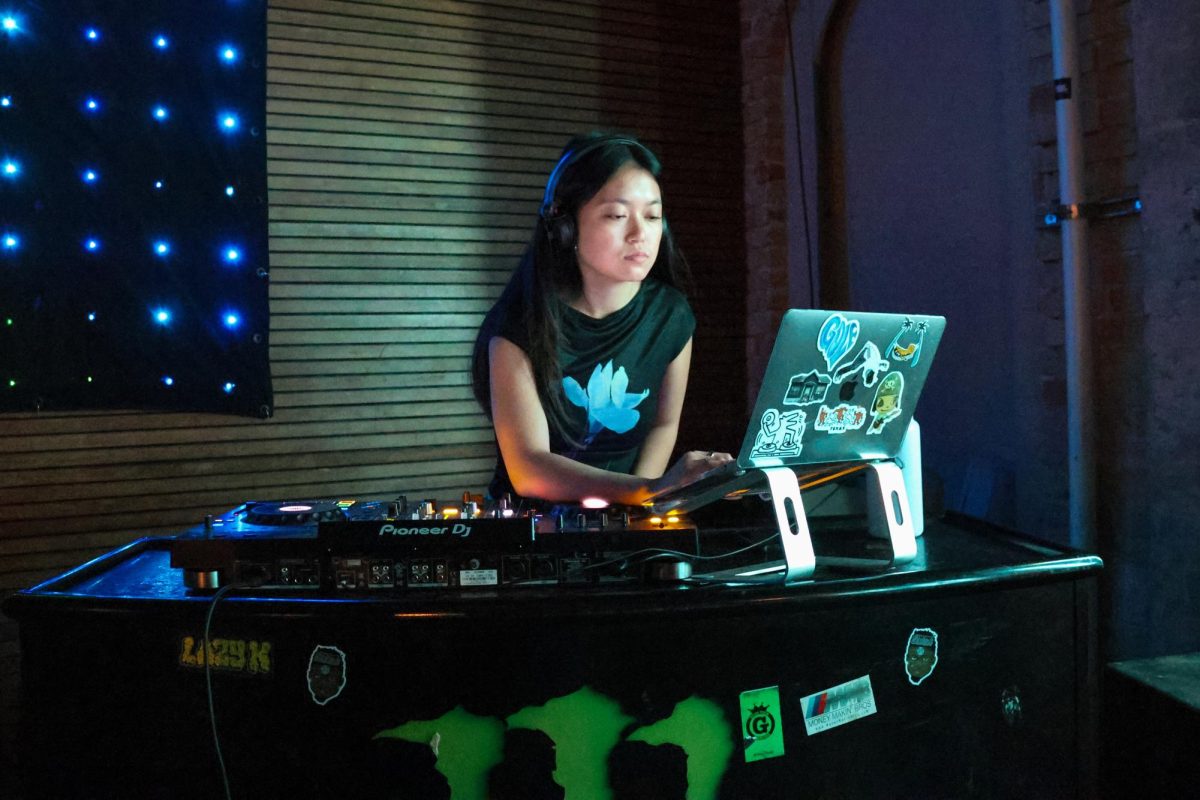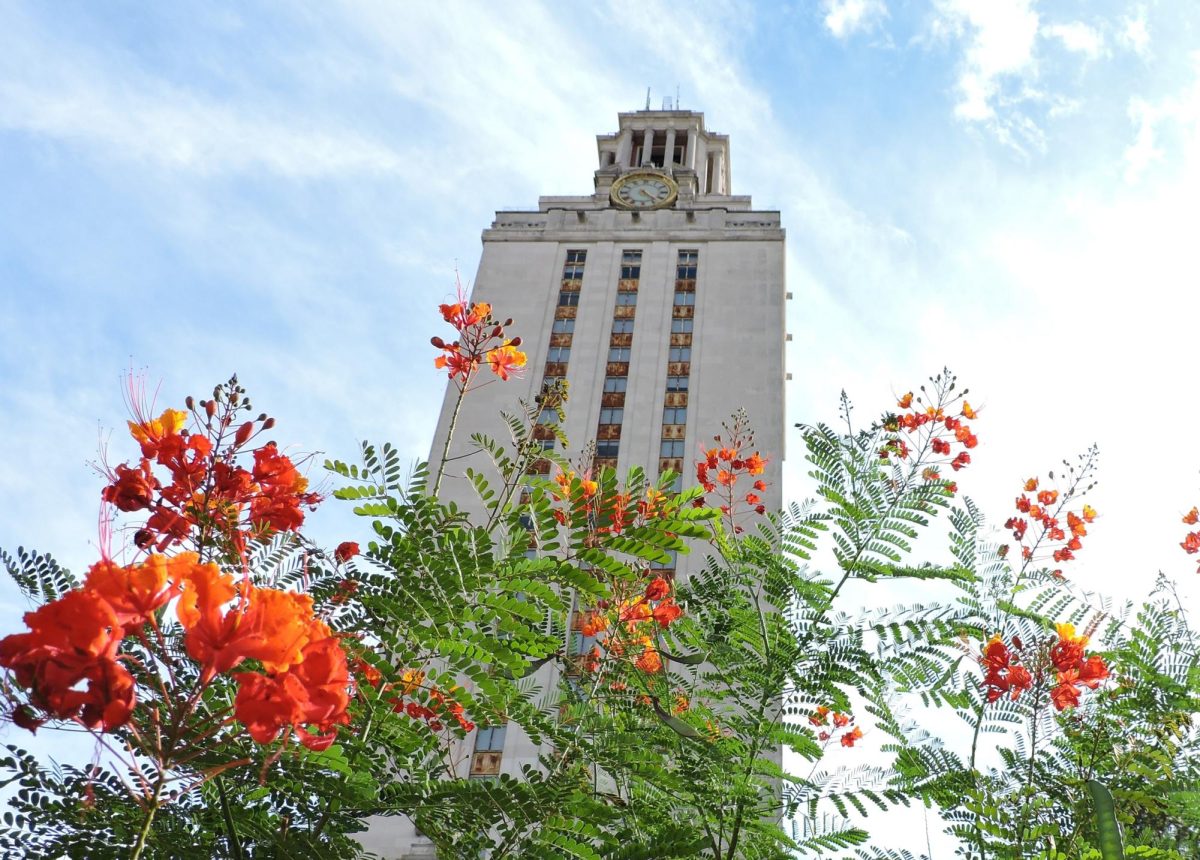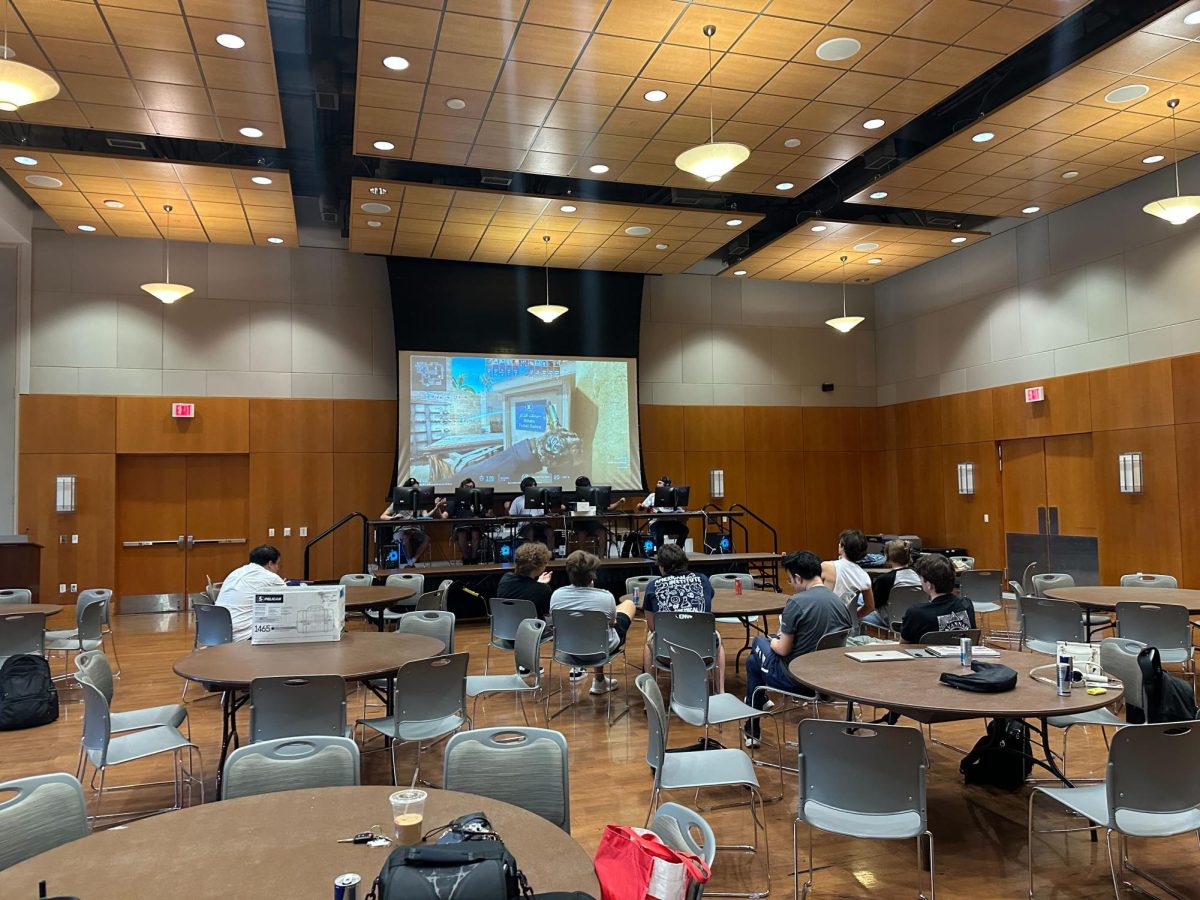Sara Hollis, business honors and pre-med senior, doesn’t mind trading the first world for the third. In 2011 she joined four students from Harvard on a mission to benefit Wema Children’s Orphanage Centre in Kenya and currently sits on their Board of Directors as UT’s sole representative. The organization also includes students from University of Southern California, MIT and University of Pennsylvania.
“Our goal is to provide quality education for these students that would have otherwise been in the awful public school system of Kenya,” Hollis said. “In the early 2000s the government made public education free, and because of that, it overcrowded the system. There are over 300 kids per classroom, which caused a lot of private schools to pop up, which are essentially the only way to get into a secondary school.”
The Wema Orphanage Centre functions as a private boarding school for about 160 orphans ranging from four to 18. It is located near the village of Bukembe, an area with an HIV/AIDS rate of 30 percent.
The organization is led entirely by college students and focuses mainly on providing funding for education. They’ve helped build dormitories, a medical clinic, a computer lab and a library, in addition to providing basic necessities like food and water.
Alex Breinin is a magna cum laude 2012 Harvard economics graduate who acts as the group’s chief financial officer.
Breinin believes education is the most important commodity that foreign aid projects can provide and advocates a hands-on approach.
“We all teach in the classroom,” Breinin said. “That’s a big thing for us — we all feel that, to understand our goal, which is to empower children through education, we have to understand how the academic process works.”
Hollis focuses on water accessibility, and her most important accomplishment to date has been securing funding for a freshwater well.
“The well project was one of our biggest fundraising initiatives — we ended up raising about $60,000,” Hollis said. “We contracted out a company to build it. That was entirely UT’s project – I teamed up with Students for Clean Water right after I came back [from Kenya]. I could’ve tried to start a movement but I doubted that would’ve happened as a sophomore, so I just instead decided to mobilize already-created groups.”
The group raised $10,000 independently and worked with nonprofit Living Water International, which obtained corporate sponsorship and granted the other $50,000.
“This January, I went back and got to see that the entire well was complete, which was insane,” Hollis said, “I didn’t think it was ever going to happen.”
The well contractors described the well as being the best they have built in Kenya for the last ten years. The orphanage sits directly on top of a large water table, and plans are in motion to irrigate water to the surrounding village of Bukembe, with a population of around 1000.
Hollis is seeking to recruit more UT members to join her cause. Last January, fellow business honors senior and Orange Jackets member Justine Taylor-Raymond accompanied her, being the first other UT student to make the journey.
“When I was there we spent a lot of time getting the school ready,” Taylor-Raymond said. “We painted and cleaned the classrooms and brought over a bunch of books and computers to create a library system.”
Volunteers of Wema Children Centre sleep in the directors’ house and eat traditional foods, like goat, avocado and mango. Taylor-Raymond said the authentic nature of the trip makes it a unique experience.
“I’d recommend it to other students, Taylor-Raymond said. “It’s very organized, even if it was run by college students. There’s so much to be done when you’re there you feel like you’re really doing something and you have a large impact on these kids.”
Despite the daunting task of eradicating poverty through education, this international, intercollegiate operation is holding its own. None of the orphans have tested HIV positive. They have successfully registered Wema Orphanage Centre as an African NGO and are working on obtaining the same status in America. The students consistently place in the top five schools on the Kenyan national exam. Every graduate has gone on to a state university. A new ground well provides essential freshwater to hundreds and a medical clinic staffed by a government nurse ensures adequate health care.
“As UT students, when we have everything at our fingertips we’re kind of blinded,” Hollis said. It’s really easy to learn a lot of theoretical things on campus. Sometimes our education is so idealistic. It’s just important to put things into practice, and what better way is there than to get on the ground and help people with real issues?”

